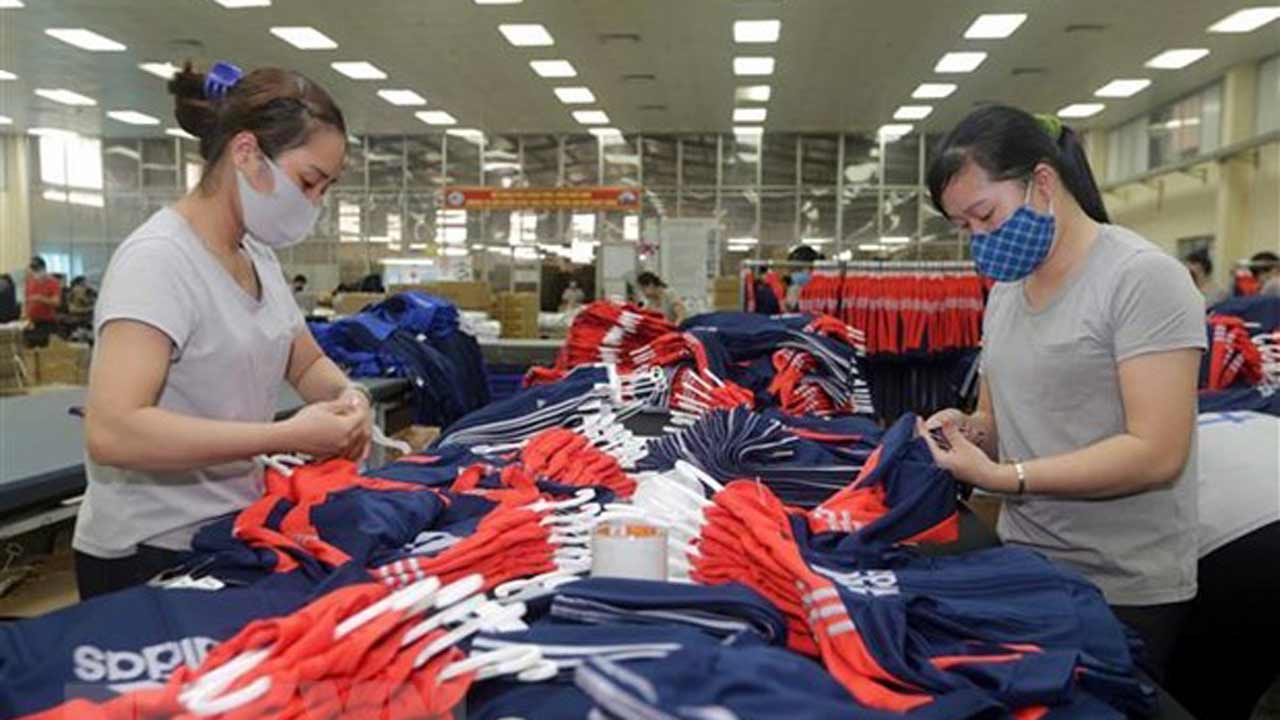HCMC – Vietnam’s exports to Germany have surged a year after the European Union-Vietnam Free Trade Agreement (EVFTA) came into force, said Nguyen Cam Trang, deputy head of the Department of Import-Export under the Ministry of Industry and Trade.
At a virtual seminar, “Promoting trade between Vietnam and Germany through the EVFTA: what enterprises need to know”, on December 14, Trang said a year after deploying the EVFTA, Vietnamese enterprises have worked with partners in the European Union (EU), including those in Germany, the local media reported.
Many domestic enterprises have grasped opportunities to increase Vietnam’s key export earners to Germany, such as machinery and equipment (up 83.6%), vehicles and accessories (up 71.6%), steel and iron (up 53.2%), computers and electronic products (up 34%) and seafood (up 15.5%).
Hoang Quang Phong, vice president of the Vietnam Chamber of Commerce and Industry (VCCI), said Germany was the second-largest importer of Vietnamese goods in the EU and the seventh-largest globally.
It was also the second-largest supplier of goods to Vietnam from the EU and the 14th largest in the world.
Vietnam has strengths in terms of industrial products, consumer goods and farm produce and has a high demand for materials and machines for production. Meanwhile, Germany has exported a high volume of materials, equipment and machinery, and imported consumer goods and farm produce.
The potential of exports to Germany is huge, Phong noted, adding that local enterprises should learn about the two sides’ commitments in the EVFTA, as well as the demand and trade regulations of Germany.
Dr Pham Hung Tien, deputy director of the Friedrich Naumann Foundation for Freedom in Vietnam, said Vietnamese firms should improve their production and export capability, cooperate with small and medium enterprises instead of seeking only large partners, and recognize EU standards while improving the quality of their products to boost exports to Germany.
According to VCCI, Germany is a demanding partner due to its strict trade regulations and high consumer requirements. It is also a market with fierce competition, strong domestic production and major foreign rivals.
Therefore, Vietnamese enterprises need to gain knowledge and information about this market and make use of the benefits ushered in from the EVFTA.









